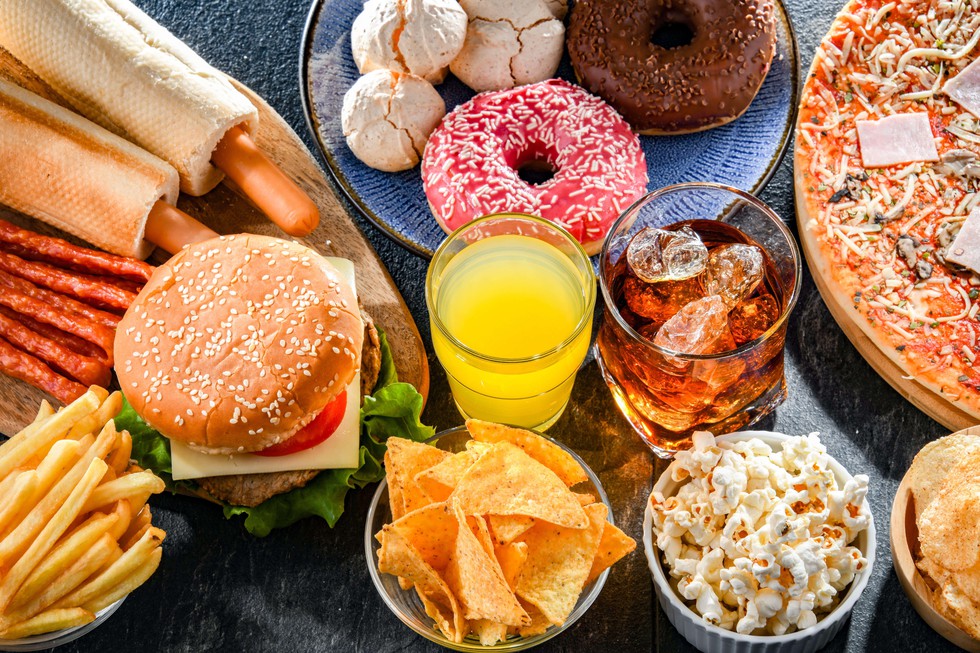About Ultra-Processed Foods (UPFs):
- UPFs refer to food products that have been significantly altered from their original form through various industrial processes.
- These foods typically contain numerous ingredients that are not commonly used in home cooking, such as artificial flavors, colors, preservatives, sweeteners, emulsifiers, and other additives designed to enhance flavor, texture, and shelf life.
- Consuming high amounts of UPF has been linked to chronic health conditions—cardiovascular disease, obesity, colorectal cancer, among others.
- Characteristics of UPFS:
- High levels of added sugar, fat, and salt: These ingredients are often added to enhance taste and appeal, but they can contribute to various health issues, including obesity, heart disease, and diabetes.
- Low nutritional value: Despite being calorie-dense, UPFs generally lack essential nutrients, such as vitamins, minerals, and fiber.
- Extensive use of additives: These foods often contain synthetic ingredients that are not typically found in traditional or minimally processed foods.
- Highly palatable and convenient: They are designed to be easy to consume and highly appealing, which can lead to overconsumption.
- List of Foods Classified as UPF:
- According to the Indian Council of Medical Research (ICMR), UPFs include commercially produced bread, breakfast cereals, cakes, chips, biscuits, fries, jams, sauces, mayonnaise, commercially produced ice cream, protein packs powders, peanut butter, soy chunks, tofu, frozen foods with additives, commercially produced cheese, butter, paneer with additives, meats, plant-based meats, refined flours of cereals, millets and legumes, energy drinks, health drinks added to milk, beverages, and fruit juices.
- The group also includes many culinary ingredients such as cooking oils, refined sugars, salt and spices, since cosmetic food additives such as artificial colours and emulsifiers are often used in their processing.
